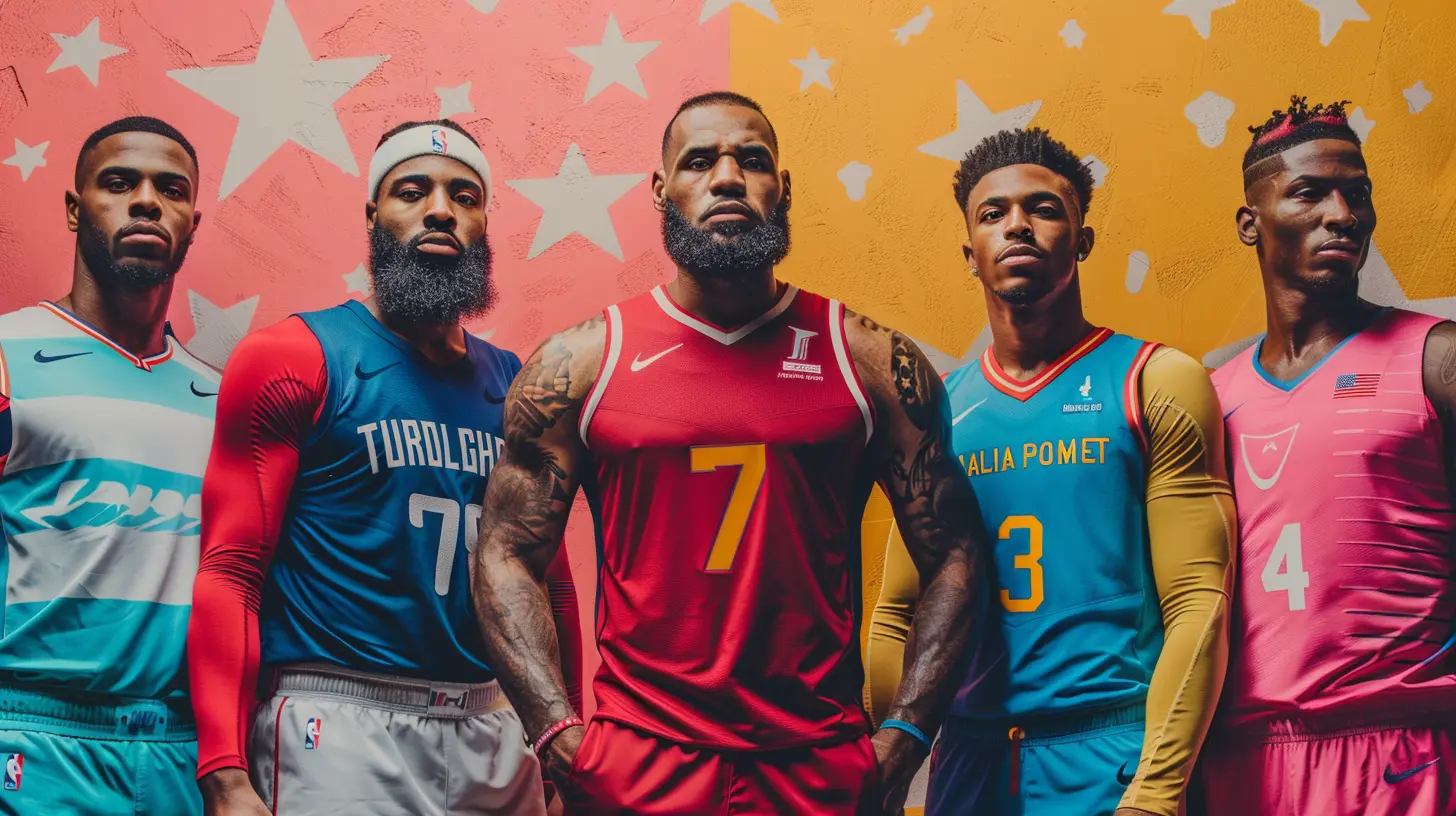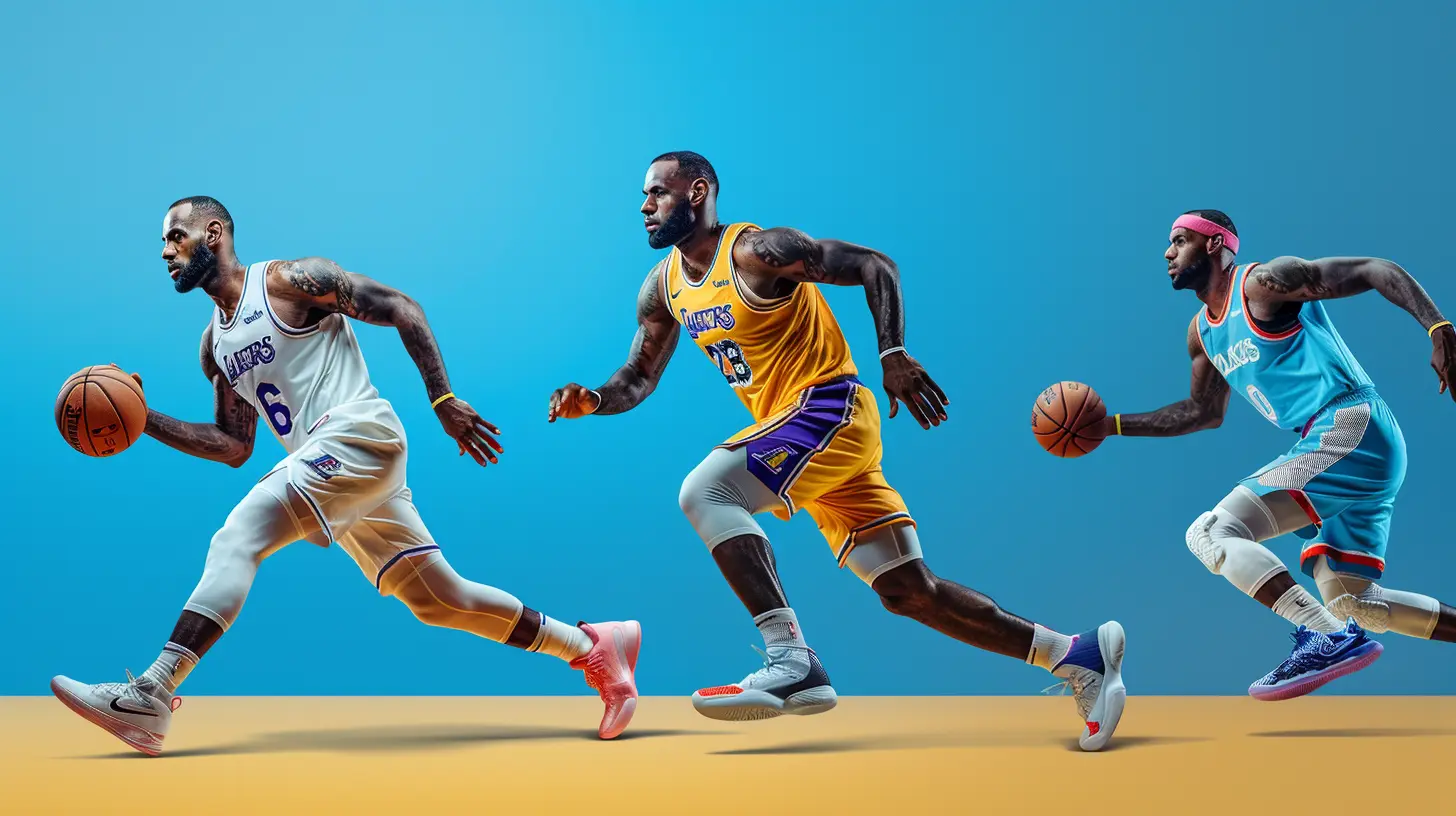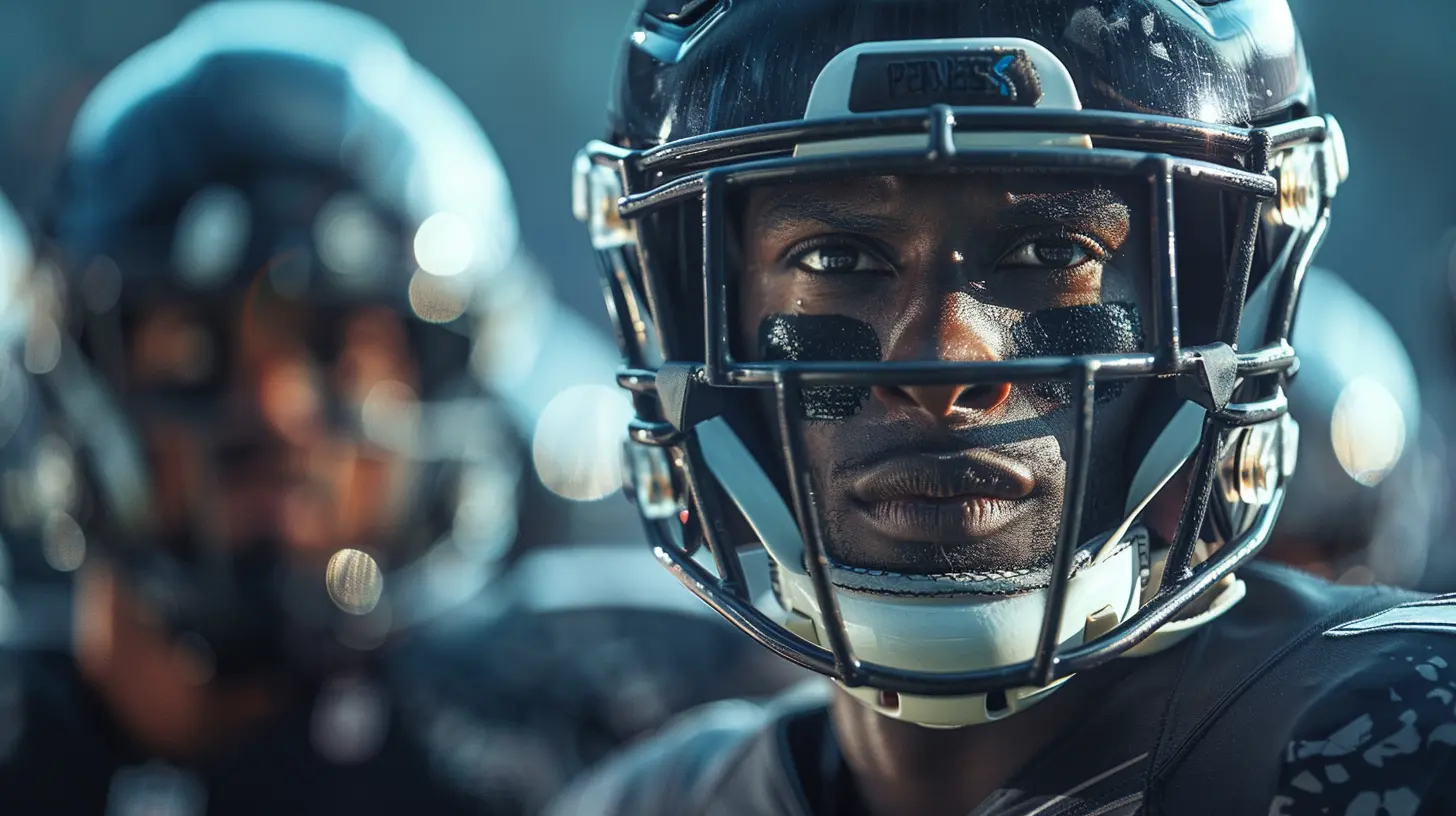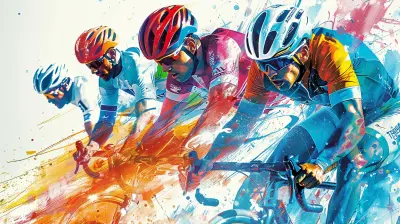Why Athletes Are Choosing Direct-to-Consumer Brands for Endorsements
11 October 2025
When you think of major athlete endorsements, big names like Nike, Adidas, or Gatorade probably jump to mind, right? That used to be the playbook. But times are changing—and fast. More and more athletes are ditching the corporate giants and teaming up with direct-to-consumer (DTC) brands. So, what’s driving this shift? Let’s break it down.

The Old-School Endorsement Game
Traditionally, athletes signed exclusive contracts with massive legacy brands. These deals were flashy, lucrative, and often long-term. Think LeBron and Nike or Serena and Wilson. The brands got an instant credibility boost, and the athletes got a fat paycheck.But here’s the thing—those old deals often came with strings attached. No voice in product decisions. Little creative freedom. Lots of red tape. And maybe worst of all? A lack of personal brand involvement. Athletes became faces—not actual partners.

Enter the Direct-to-Consumer Revolution
Now, let’s talk about the new kids on the block: DTC brands. You’ve probably seen them all over social media. Companies like Gymshark, WHOOP, and Hims are changing the game. They skip the middlemen (retailers, distributors) and sell straight to the consumer. That means more flexibility, more transparency, and often, better prices.But for athletes? DTC partnerships mean much more than that.

Athletes Want More Than a Paycheck
Let’s be real—getting paid is great. But today’s athletes aren’t just interested in signing a check and calling it a day. They're building legacies, launching their own brands, and thinking like entrepreneurs. Most importantly, they want creative control and authentic partnerships.With DTC companies, athletes can:
- Co-create products – They don’t just endorse a protein bar; they help design the flavor.
- Have equity stakes – Instead of one-off payments, they get a slice of the pie.
- Stay true to their audience – No need to fake passion for a product they don’t use.
And fans? They can spot authenticity a mile away.

Authenticity Is the New Currency
We’re living in an era where authenticity matters more than ever. Social media has made it easier for fans to see behind the curtain. They follow their favorite athletes 24/7 and can spot a forced endorsement instantly.That’s why DTC partnerships work so well. These brands often have strong, niche identities—whether it’s eco-friendly gear, minimalist sneakers, or science-based supplements. If an athlete uses and genuinely loves the product, the endorsement feels natural. Not corporate. Not staged. Just real.
The Power of Social Media
Social media has shifted the power dynamics. Before, brands held the cards because they controlled distribution and visibility. Now? Athletes are the platform.They’ve got millions of engaged followers. Every post, story, or TikTok is a direct connection to fans. That’s marketing gold. So why wouldn’t an athlete want more control over the message?
DTC brands thrive in this model. They’re digital-first, nimble, and obsessed with data. They can A/B test a product drop in real-time and tweak campaigns on the fly. Athletes love that speed and flexibility—it matches their own hustle.
Equity Over Endorsements
Let’s talk money for a sec. Traditional endorsement deals = paycheck. DTC deals = ownership.We’re seeing a trend where athletes are thinking long-term. Instead of collecting a multi-million-dollar check today, they’re taking equity stakes in up-and-coming DTC brands. Why? Because they believe in the product—and the upside is massive.
It’s like being an early investor in a startup. High risk, but potentially enormous reward.
Remember when Kevin Durant invested in Postmates before Uber bought it? Or when Serena Williams backed Daily Harvest? These athletes aren’t just endorsing—they’re building empires.
Flexibility Beats Lock-In Contracts
Another huge bonus with DTC brands? Flexibility. Big-name endorsement deals often come with exclusivity clauses, rigid timelines, and loads of restrictions.DTC brands are way more chill.
Athletes can try out limited collaborations. If it clicks, they go deeper. If not, no hard feelings. This freedom allows athletes to diversify their brand portfolio and stay adaptable in a fast-changing world.
Serving Niche Audiences
Mainstream brands try to appeal to everyone, which often waters down the message. DTC brands, on the other hand, thrive in specific niches.An athlete passionate about wellness might partner with a vegan supplement startup. A sneakerhead might launch their own limited-edition shoe with a direct-to-fan brand. These niche connections build tighter, more loyal communities.
You speak to fewer people—but the ones who hear you? They really listen.
Building Personal Brands with Purpose
Athletes today aren’t just athletes—they're content creators, business owners, activists, and influencers. DTC partnerships help them wear all those hats at once.Let’s say a player is passionate about sustainability. They can team up with a DTC clothing company using recycled materials and genuinely make a statement. That’s not just branding—it’s purpose-driven marketing.
And purpose sells.
The Athlete-to-Consumer Movement
What’s even more exciting? Some athletes are flipping the script and launching their own DTC brands.Think Tom Brady’s TB12 line or Russell Westbrook’s fashion label Honor The Gift. They’re cutting out the middleman entirely and talking directly to their fans. Why endorse a brand when you can BE the brand?
It’s the ultimate blend of influence and entrepreneurship.
Case Studies: Real Wins, Real Athletes
Let’s zoom in on a few examples:- Naomi Osaka – Instead of just sticking with legacy sponsors, she co-founded Kinlò, a skincare line designed for people with melanated skin. It’s a DTC hit.
- Stephen Curry – Partnered with Under Armour to co-create his own sub-brand, Curry Brand, with direct sales channels.
- Klay Thompson – Took a gamble partnering with Chinese DTC sneaker brand ANTA. Now, he has his own signature line and significant ownership.
These aren’t just endorsement deals—they’re power plays.
The Athletic Career Is Short… But Branding Isn’t
Here’s a hard truth: most athletes will retire in their 30s. Some even earlier.But a strong personal brand? That can last forever.
By building businesses and securing equity deals with DTC companies, athletes are planning for life after sports. They're turning short-term fame into long-term wealth.
And in a world where Instagram fame can outlast a football career? That's just smart.
So, What’s Next?
We’re only scratching the surface here. The line between athlete, influencer, and entrepreneur is blurring fast. As more athletes realize the power they have—not just on the field but on platforms—they’ll continue to choose DTC brands that align with their values, vision, and voice.It’s not just about cash anymore.
It’s about control, culture, and connection.
And if you’re a brand thinking about athlete marketing? You’d better be ready to hand over that creative control, offer some equity, and actually co-create. Because today’s athletes? They aren’t just endorsers. They’re owners.
all images in this post were generated using AI tools
Category:
Brand EndorsementsAuthor:

Easton Simmons
Discussion
rate this article
1 comments
Kimberly McGivern
Empowering athletes to connect directly with consumers is truly a game-changer! By choosing direct-to-consumer brands for endorsements, athletes not only amplify their voices but also foster authentic connections with fans. This shift celebrates individuality and strengthens community bonds—proof that passion and purpose can redefine the playing field!
October 19, 2025 at 11:52 AM

Easton Simmons
Thank you! I agree—this shift empowers athletes and fosters genuine connections with fans, redefining the endorsement landscape.


